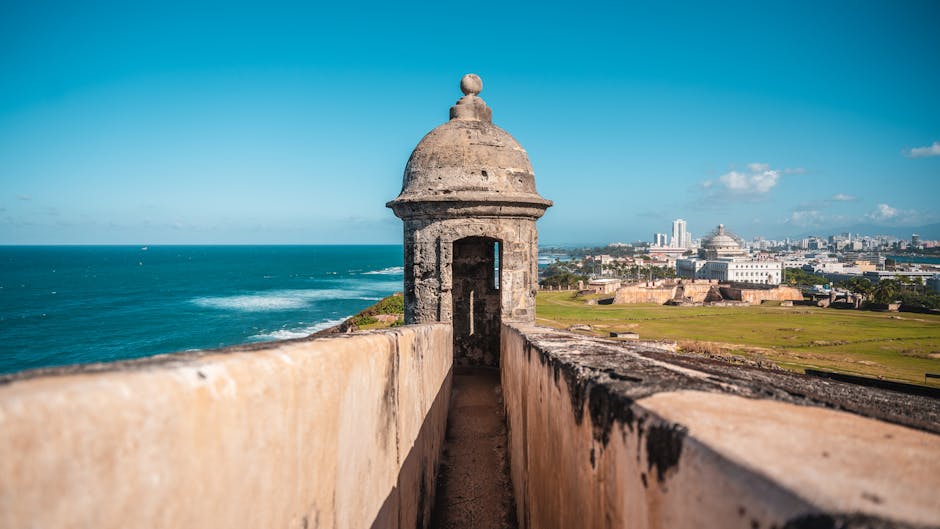Global Protests Unite Against Trump’s Policies
The ‘No Kings’ movement has emerged as a global force, challenging the sweeping policies of former U.S. President Donald Trump. From London to Washington, D.C., protesters have rallied under the banner of democracy, demanding accountability, transparency, and the protection of democratic values. This movement reflects widespread unease with authoritarian tendencies and policies perceived as undermining global progress.
Origins and Expansion of the ‘No Kings’ Movement
What began as a grassroots initiative in the United States quickly gained international momentum. The movement’s name is a direct rebuke to Trump’s perceived autocratic leadership style. His policies on immigration, climate change, and social justice have drawn sharp criticism, with protesters arguing that they often bypassed democratic norms in favor of unilateral decisions.
Protests in Washington: A Call for Democracy
In Washington, D.C., thousands gathered outside the White House, holding signs like “Democracy, Not Autocracy” and “No Kings in America.” These protests were not just a reaction to Trump’s policies but also a broader call to safeguard democratic institutions. Organizers emphasized the importance of checks and balances, urging citizens to remain vigilant against any form of overreach by those in power.
London’s Solidarity: A Global Impact
Across the Atlantic, London saw its own version of the ‘No Kings’ movement. Protesters gathered outside the U.S. Embassy, expressing solidarity with their American counterparts. The London protests highlighted the global implications of Trump’s policies, particularly in areas like climate change and international trade. Activists argued that decisions made in Washington had far-reaching consequences for nations worldwide.
The Movement’s Resonance in India
The ‘No Kings’ movement has also inspired activists in India, where governance and accountability remain pressing issues. Indian protesters have drawn parallels between Trump’s policies and domestic political developments, sparking debates about the state of democracy. Demonstrations in Indian cities have called for greater transparency and the protection of civil liberties.
Key Issues Driving the Protests
Immigration Policies
Trump’s controversial immigration measures, including the travel ban and family separations at the U.S.-Mexico border, have been central to the protests. Critics argue these policies are inhumane and undermine principles of equality and justice.
Climate Change
The U.S. withdrawal from the Paris Agreement under Trump was a significant setback in the global fight against climate change. The ‘No Kings’ movement has called for urgent action, emphasizing the need for international cooperation.
Media and Free Speech
The movement has also highlighted the role of a free press in democracy. Critics accuse the Trump administration of undermining the media and spreading misinformation, stressing the importance of holding power accountable.
Challenges and Opportunities Ahead
While the ‘No Kings’ movement has successfully drawn attention to critical issues, it now faces the challenge of translating momentum into tangible change. This includes engaging with policymakers, advocating for legislative reforms, and fostering civic participation.
A Global Call to Action
The ‘No Kings’ movement is more than a reaction to Trump’s policies—it’s a global call to defend democracy, justice, and freedom. As protests continue in London, Washington, and beyond, they remind us that the fight for democracy is a shared responsibility that unites us all.




